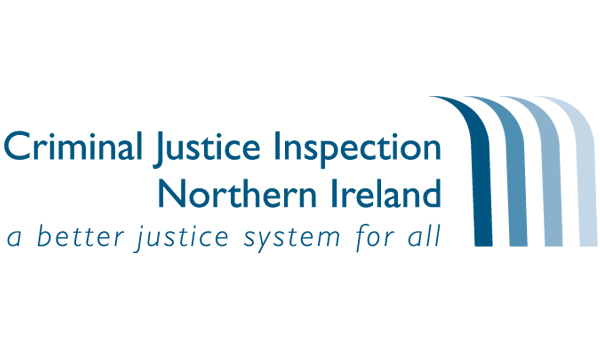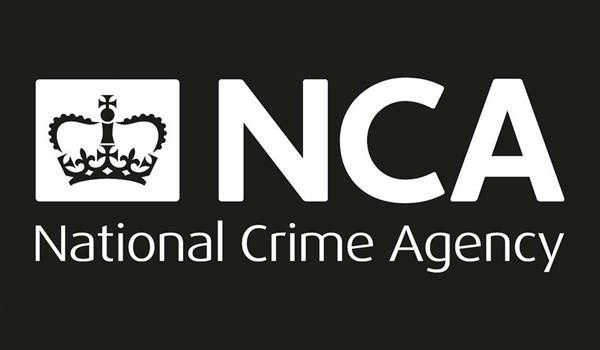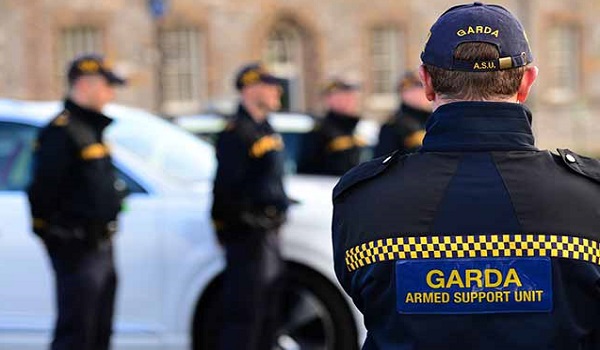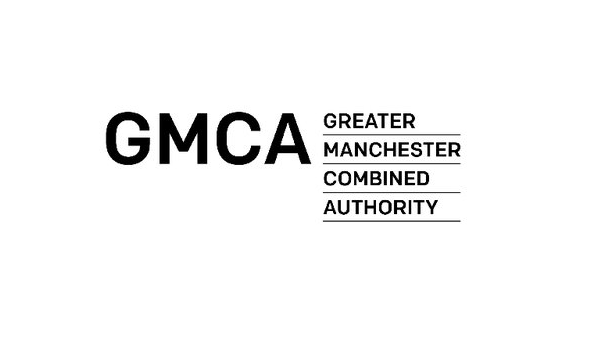No evidence of ‘systematic abuse’ of paramilitary threat verification project
There is ‘no evidence’ of widespread misuse of a charity-run project that verifies paramilitary threats against individuals and families in Northern Ireland, according to a new report.
The Criminal Justice Inspection Northern Ireland review of the Base 2 project, which engages with statutory organisations including the Police Service of Northern Ireland (PSNI), found it was “operating with integrity to deliver clear humanitarian outcomes”.
During the review, inspectors were made aware of localised concerns of “systematic abuse of the public housing system” to secure priority on the waiting list.
However, Jacqui Durkin, Chief Inspector of Criminal Justice in Northern Ireland, said inspectors found the overall working of the Base 2 project to be sound and that information obtained to establish whether a threat was real was passed to Housing Executive decision-makers to help determine re-housing priorities.
But she added: “While inspectors found no evidence to support perceptions that Base 2 staff were working for the benefit of particular individuals or groups, I recognise the risk that the threat verification process could be misused cannot be completely removed.”
The report published today (March 11) looked at how Base 2 operated, how it engaged with statutory organisations, including the PSNI and the Northern Ireland Housing Executive, and the steps taken to validate threats made against individuals and families living in public housing.
“The Base 2 project was established in 1990 to deal with the extreme consequences of paramilitary violence and community control. Since then it has been managed by the Northern Ireland Association for the Care and Resettlement of Offenders (NIACRO) to effectively verify threats on request and support people who are in crisis,” said Ms Durkin. “As part of this review inspectors looked at Base 2’s governance arrangements, undertook case file reviews and spoke with a wide range of stakeholders.”
She said Base 2 staff had developed a network of community contacts over many years, adding: “As a result of governance arrangements in place, the records reviewed and views expressed to the inspection team in conjunction with the experience of the Base 2 staff, it is our view that allegations of widespread misuse of the scheme were unfounded and a systematic abuse of the public housing system was unlikely.”
Inspectors found the overall working of the project was sound and that Base 2 engaged with more than 60 community representatives and groups in loyalist and republican areas to develop and maintain community contacts. These connections enabled Base 2 staff to advise the Housing Executive if a threat was real.
“Base 2 has saved lives and works in our communities to effectively validate threats from paramilitary groups to individuals and families living in public housing and helps them to relocate and resettle. The small number of dedicated staff have the trust and confidence of statutory providers,” said Ms Durkin. “In a normalised society we shouldn’t need Base 2 but the reality is we do.
“The Housing Executive brings together the information received from Base 2, the PSNI and its own local knowledge to help its decision-makers determine a person’s re-housing priority level and if they are eligible to be awarded additional ‘intimidation’ housing points,” said Ms Durkin.
During 2018/19, Base 2 received 1,297 referrals – an increase of 161 compared with the previous year.
Ms Durkin also welcomed the fundamental review being carried out by the Department for Communities, which proposes to remove intimidation points from the Housing Selection Scheme.
“Progress towards a more shared society presents an opportunity for Base 2 to further develop its community engagement and restorative justice work,” she said.
“To support this aim the review makes two recommendations, which, if implemented, would enable Base 2 to link with the proposed centre of excellence for restorative justice and the Northern Ireland Executive Tackling Paramilitary Activity, Criminality and Organised Crime Action Plan.”
These are:
- Strategic recommendation – within six months of the publication of this report, in accordance with the objectives agreed in the Executive Action Plan on Tackling Paramilitary Activity, Criminality and Organised Crime, the Department of Justice should bring forward options to create a centre of excellence for restorative justice and Base 2 should be affiliated to this centre; and
- Operational Recommendation – following confirmation of information sharing arrangements, the annual/bi annual meetings of the Tackling Paramilitarism Team with Base 2, the PSNI and the Northern Ireland Housing Executive should take place, with the Base 2 annual report as an agenda item to provide additional input to gauging Action Plan progress.
The review of the role of Base 2 in threat verification was undertaken following a request made by the Department of Justice to the previous Chief Inspector of Criminal Justice in January 2019.







